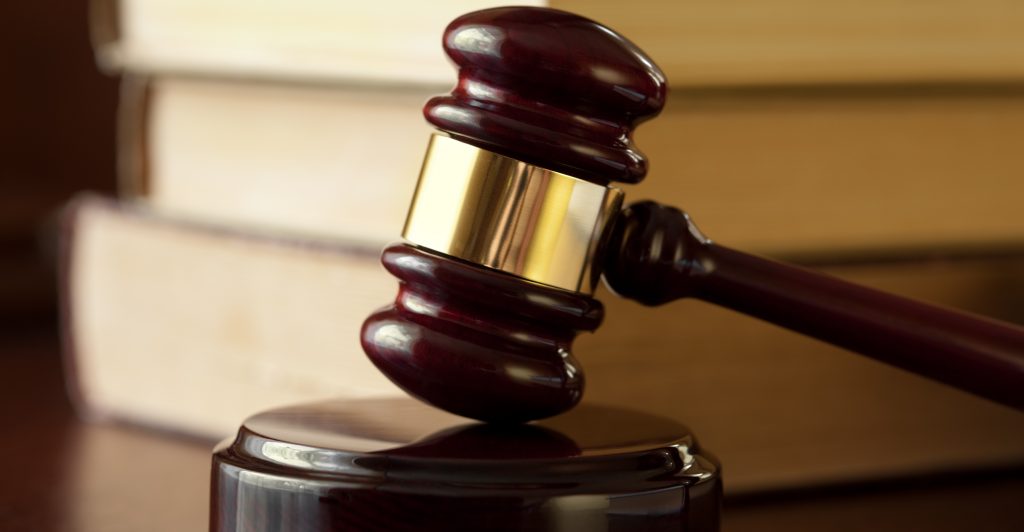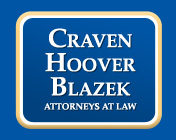Prima facie, pronounced “pree-muh fay-shee”, is a common legal term used in criminal and civil law cases. Literally translated, this term means “at first face” or at first sight; the apparent nature of something at the first look. Prima facie can refer to either a case or a piece of evidence, depending on the crime or misconduct. Continue reading to learn what a prima facie case is and examples of such cases.

Indianapolis Personal Injury Lawyers 317-881-2700
An Open and Shut Case
Prima facie is a legal doctrine that signifies a situation in which sufficient evidence is apparent, upon initial observation, to charge or convict a person before any further investigation takes place. In terms of lawsuits, it is colloquially-referred to as an “open and shut” case. Although it is possible for opposing parties to present enough conflicting evidence at trial to refute the prima facie claims against them, most often, a prima facie case is a case where so much obvious evidence exists “at first sight”, Grand Jurys can indict someone for a crime.
In personal injury lawsuits, plaintiffs hold the burden of proof, meaning they must prove their case to get the desired verdict. They have to present a prima facie case to a court, providing evidence to support their claim. If a plaintiff can do this successfully, then the burden of proof shifts to the opposing party. If they cannot, then the case is in jeopardy of being dismissed.
There are several possibilities of prima facie cases. One example of a prima facie case is check fraud. If a person is writing bad checks, or steals another person’s checkbook and writes checks with it, they are blatantly guilty of check fraud. The bad checks are prima facie evidence of their crime, while the paper trail they left behind them supports a prima facie case.
Another example of a prima facie case is drunk driving. If a person is pulled over for reckless driving and then tests over the legal limit for alcohol, their recorded reckless driving and blood alcohol content (BAC) is enough evidence to prove they were illegally operating a vehicle under the influence of alcohol. Even biased pre-employment tests can be a prima facie case, since the actual test is available as evidence that proves the prejudice of its contents.

